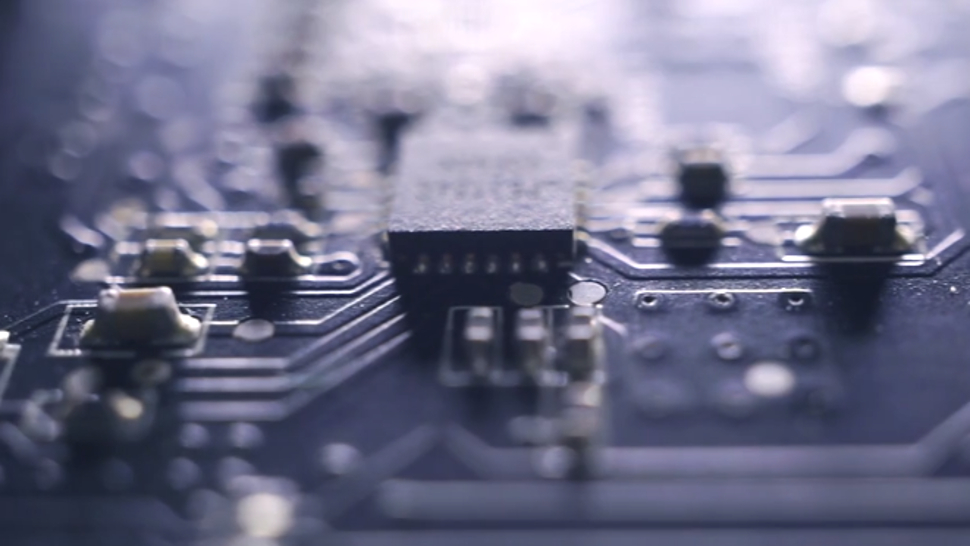Microsoft challenges hackers to crack its custom version of Linux
Azure Sphere OS is part of Microsoft’s package to defend IoT gadgets

Microsoft wants to shore up its custom version of Linux, Azure Sphere OS, and so is challenging hackers to crack the security of the operating system, offering a reward of up to $100,000 (around £80,000, AU$155,000) for the details of a successful exploit.
Azure Sphere is a solution designed for Internet of Things devices, comprising of the aforementioned lightweight Linux-based OS, plus a hardware platform, and cloud security components, all tied together and aiming to provide a tight level of security for connected gadgets of all kinds.
- Intel Clear Linux outperforms Windows 10 and Ubuntu
- Windows 10 sucks – can Linux save us all?
- We solve 100 common Windows 10 problems
This is a three month long challenge running from June through until the end of August, and interested security researchers must apply to take part before May 15.
Microsoft will fork out the hundred grand for any researcher who manages to demonstrate the ability to execute code on Microsoft’s Pluton security subsystem – the hardware-based (baked into the silicon) secured root of trust for Azure Sphere – or Secure World.
Ethical hacking
It’s common practice for all manner of systems to be offered up to have their defenses tested by ethical (white hat) hackers, because they are inevitably going to be attacked by real hackers – and so any head-starts in fixing potential vulnerabilities (which are bound to exist somewhere in complex software, and indeed ongoing updates) are obviously very welcome.
As you’re probably aware, the Internet of Things is traditionally regarded as a major security headache, and a potentially rife source of opportunities for hackers, so tighter security for smart gadgets is clearly a good thing.
Via The Verge
Are you a pro? Subscribe to our newsletter
Sign up to the TechRadar Pro newsletter to get all the top news, opinion, features and guidance your business needs to succeed!
Darren is a freelancer writing news and features for TechRadar (and occasionally T3) across a broad range of computing topics including CPUs, GPUs, various other hardware, VPNs, antivirus and more. He has written about tech for the best part of three decades, and writes books in his spare time (his debut novel - 'I Know What You Did Last Supper' - was published by Hachette UK in 2013).